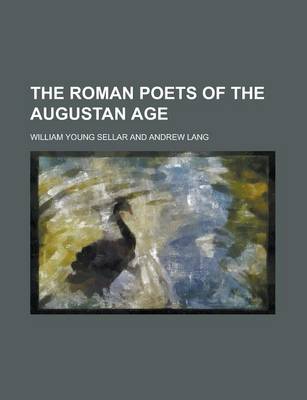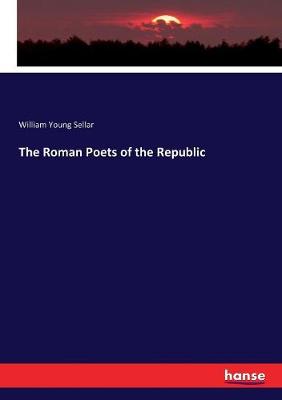Cambridge Library Collection - Classics
2 total works
This work by William Young Sellar (1825-1890) was first published in 1877, when Sellar was well established as Professor of Humanity at the University of Edinburgh. It is a companion volume to his equally acclaimed Roman Poets of the Republic and the later continuation Horace and the Elegaic Poets, all three of which remain of value to scholars today. The book's ten chapters give an overview of the Augustan Age and Virgil's life and work in context (chapters 1-3), then moving to the Eclogues (chapter 4) and the Georgics (chapters 5-7), before devoting the remaining chapters to the Aeneid. A detailed table of contents allows the reader to navigate between analysis of the historical context, Virgil's literary forms and motives, and general literary interpretation. This work is both a meticulous work of scholarship, and, as the affectionate dedication shows, a tribute to the author's passion for his subject.
William Young Sellar (1825-1890) was a scholar of Latin poetry. First published in 1880, this is a lively account of poetry in the Roman Republic, which was acclaimed as the purest art form of its time. Exploring the work of a range of poets, from Andronicus, Lucilius and others in the second century BCE, through to Lucretius and Catullus in the first century BCE, Sellar shows how poems were characterised by political, religious, and social factors, as well as by the personalities of the poets themselves. Looking at genres from tragedy to comedy to satire, he also considers the role of Greek literature in the shaping of Latin poetry, and how the poets influenced each other's work. The second edition of a volume originally published in 1863, this version features an updated account of the poems of Lucilius and Catullus, and two new chapters on Roman comedy.

